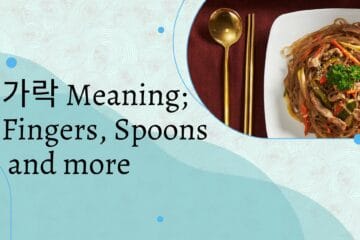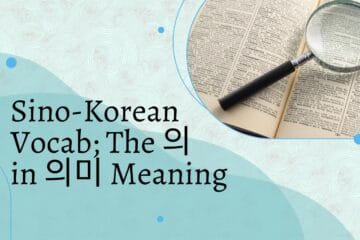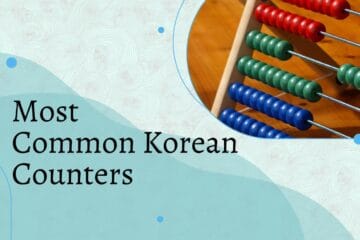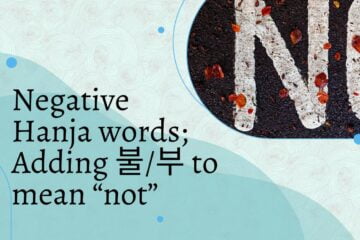Sino Korean; The 자 in 기자 – Describing People
One of my first posts on Sino-Korean and using Hanja to learn Korea was on 人 Hanja, which is where 인 in 인간 and many other words come from. While 人 is related to people, the Hanja we are covering today is also related, but more so about describing a person. 者 or 자 relates more to describing people with a specific job, characteristic, status, etc.. The breakdown of the Hanja from a lot of these comes out to “the one who __”.









